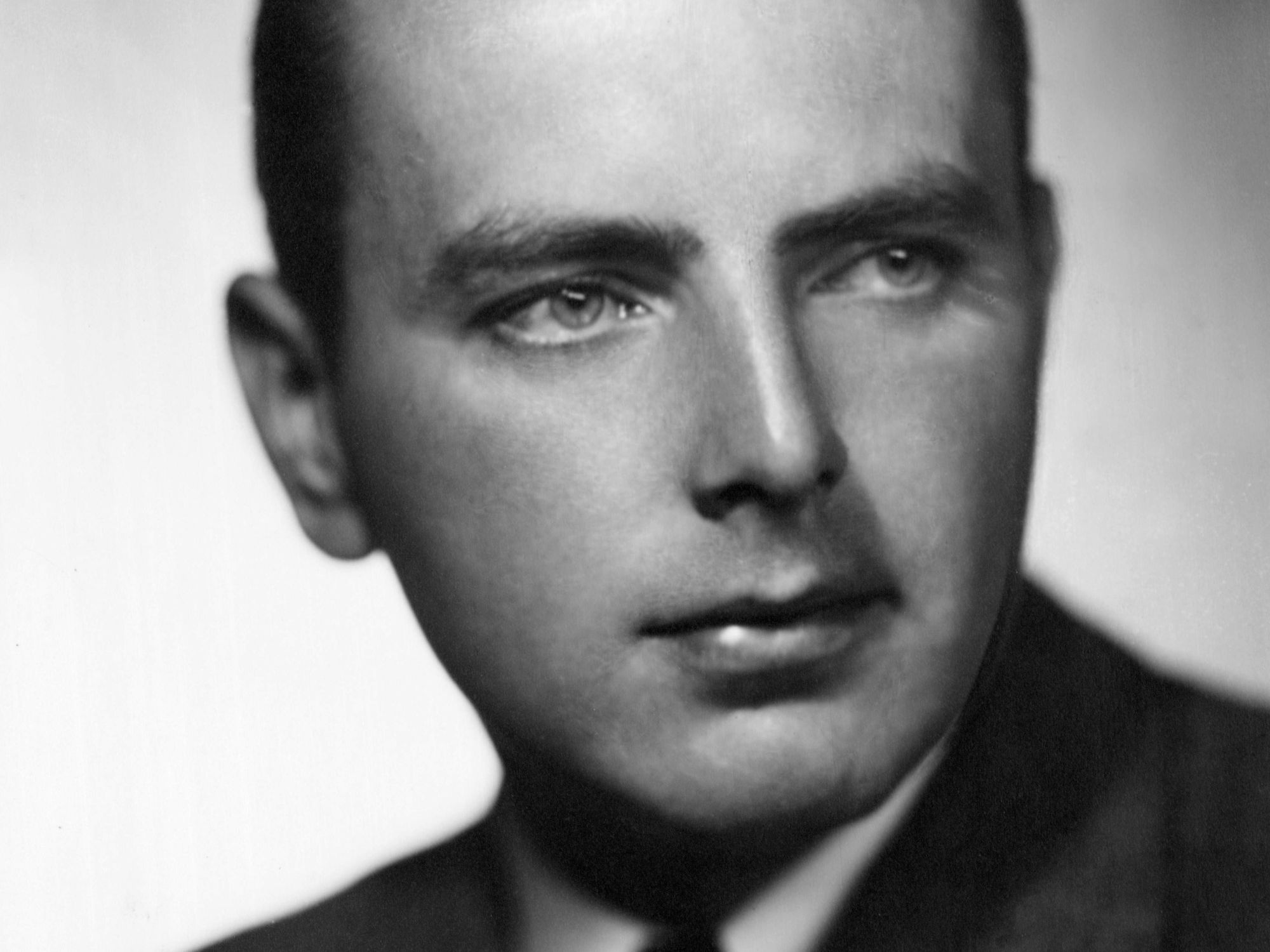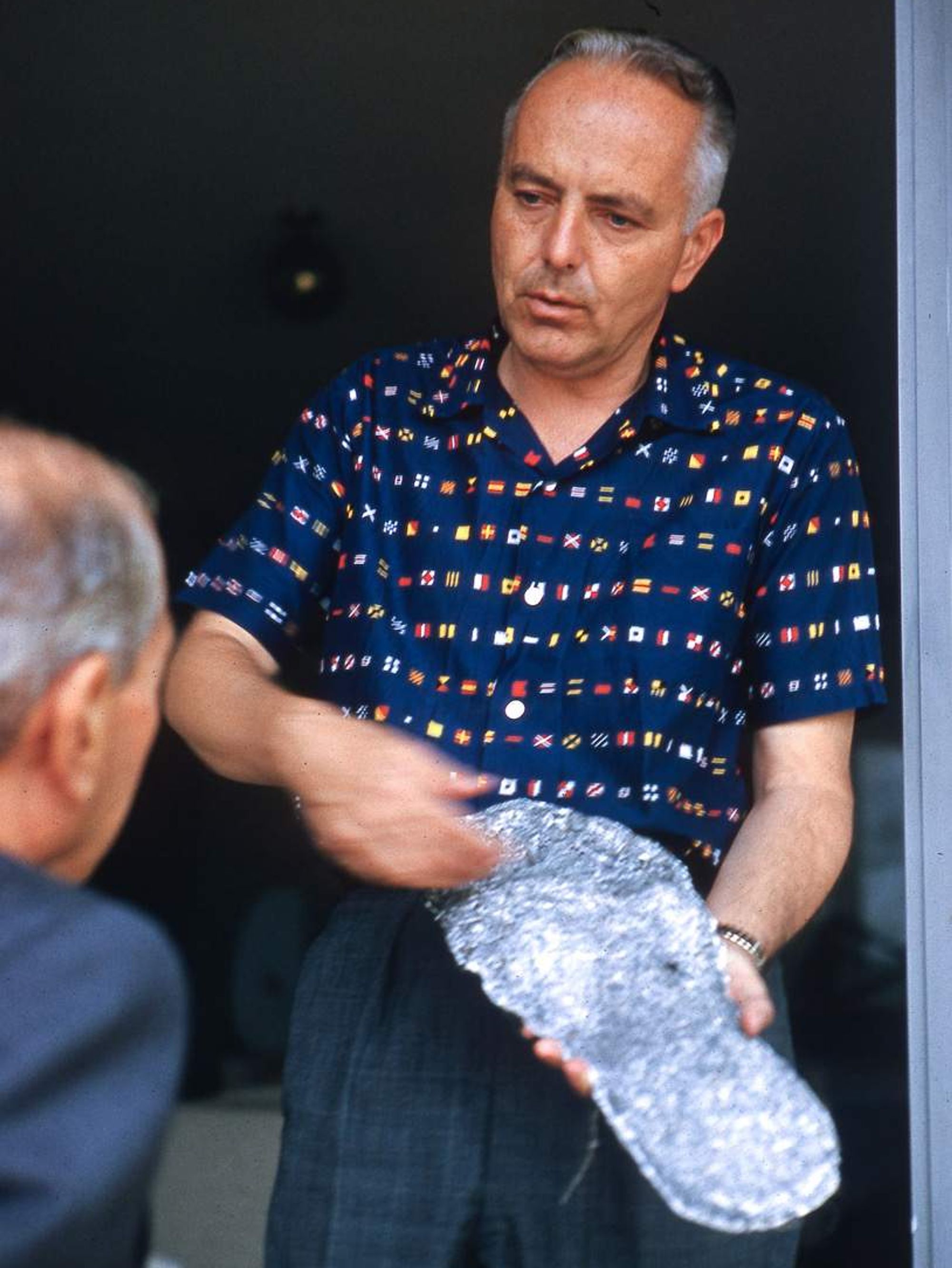Wow, cryptids!
Owen Wilson stars as a real San Antonian yeti-hunter in new podcast

Tom Slick led an interesting life, even without the yeti hunting. But that's not why we're here.
Everything’s bigger in Texas, especially the personalities. Even though San Antonian Tom Slick only lived to see 46 before dying in a plane crash, he left a lasting legacy of daring adventures and scientific explorations in his wake — the most notorious of which involved hunting for a yeti in the Himalayas in 1958. That very mission is the subject of Tom Slick: Mystery Hunter, a star-studded new podcast that describes him as "the most interesting man you've never heard of."
Listeners get up close and personal with well-known voice actors and Texans including Dallas' Owen Wilson starring as Tom Slick; Quitman's Sissy Spacek as Tom’s daughter, Claire Slick; and Schuyler Fisk (Spacek’s real-life daughter) as Tom’s granddaughter, Liv Slick. The eight-episode podcast mashes up Slick’s real-life escapades with a fictional, scripted narrative following Tom’s forgotten tapes that Claire finds in her mother’s attic.

Even without the chase for a mythical creature in the name of science, Slick’s life was one for the books — and podcasts. His grandfather, the oil tycoon Charles Urschel, was abducted at gunpoint by Machine Gun Kelly (the gangster, not the rocker) in 1933. Plus, Tom Slick himself was long rumored to be an anti-Nazi spy based in Chile during World War II. This has neither been confirmed or denied, but Slick working with the CIA is a fictional storyline in the podcast.
“It's always been cocktail fodder for the family that he was a spy,” says writer and director Caroline Slaughter, who previously wrote the podcast Astray, about people searching for enlightenment and finding darker fates. “It was also alleged that he helped get the Dalai Lama out of Tibet, because it so happened that one of his yeti expeditions was happening at the same time the Dalai Lama escaped from Tibet to India. So I think people like to play with the idea that he was involved, and he was potentially part of the Skull and Bones [secret society at Yale], and maybe he had a hand in it.”
Slick also collected many famous friends, including Howard Hughes and Jimmy Stewart. In fact, Stewart was the one who smuggled back a “yeti” finger that a member of Slick’s expedition, famous cryptozoologist Peter Byrne, stole from a Buddhist monastery in Nepal.
“Byrne actually took the yeti thumb and replaced it with a human thumb so the monks wouldn't freak out about it,” Slaughter says. “He brings this yeti thumb to Kolkata and [hands] it off to Jimmy Stewart. Stewart ends up smuggling it to London through this film casket. They end up getting it to the London Museum, where this guy, Dr. Osman Hill, ends up examining it.” (The bone was eventually proven to be human.)

Slick also had a lasting impact on the growth of San Antonio’s medical community. He founded five research institutes in Alamo City, three of which are still around today, including the Texas Biomedical Research Institute, which recently helped develop Pfizer’s Covid vaccine.
Slick helped develop the Brangus cattle, a crossbreed of Brahman and Scottish Angus cattle, and was interested in exploring the link between humans and primates to advance healthcare. At the same time, he delved deep into cryptozoology, or investigating the possible existence of unsubstantiated animal species. This potent mix of science and mythology eventually led him to go looking for a yeti — multiple times.
“He thought the yeti was the missing link between humans and apes,” Slaughter says. “So he really did go at it with this sort of scientific bent. He didn't want to hunt it down; he wanted to bring it back to the Institute and study it.”
Slick did make some interesting discoveries during the five or so yeti-hunting expeditions he took. “He found a 13-inch yeti footprint,” Slaughter says. “He took a plaster cast of it, and he brought it back home.”
Slick’s fascination with mysticism and legendary creatures started early in life: He went to Scotland with some Yale friends in 1937 to look for the Loch Ness monster, since there had been a recent sighting. A nod to his far-flung explorations sits much closer to home at Tom Slick Park in San Antonio, which was built on land donated by the Southwest Research Institute: a silhouetted sculpture of Nessie rising from the pond.
